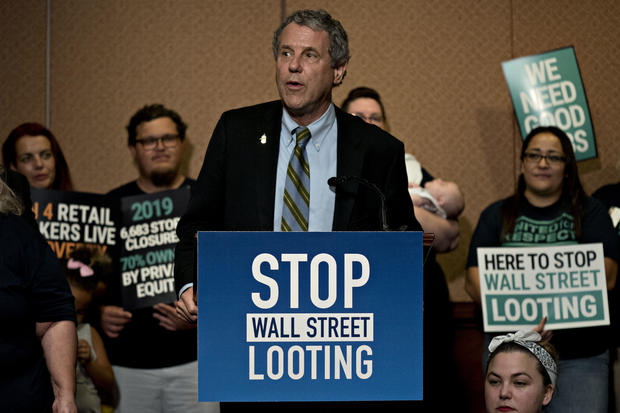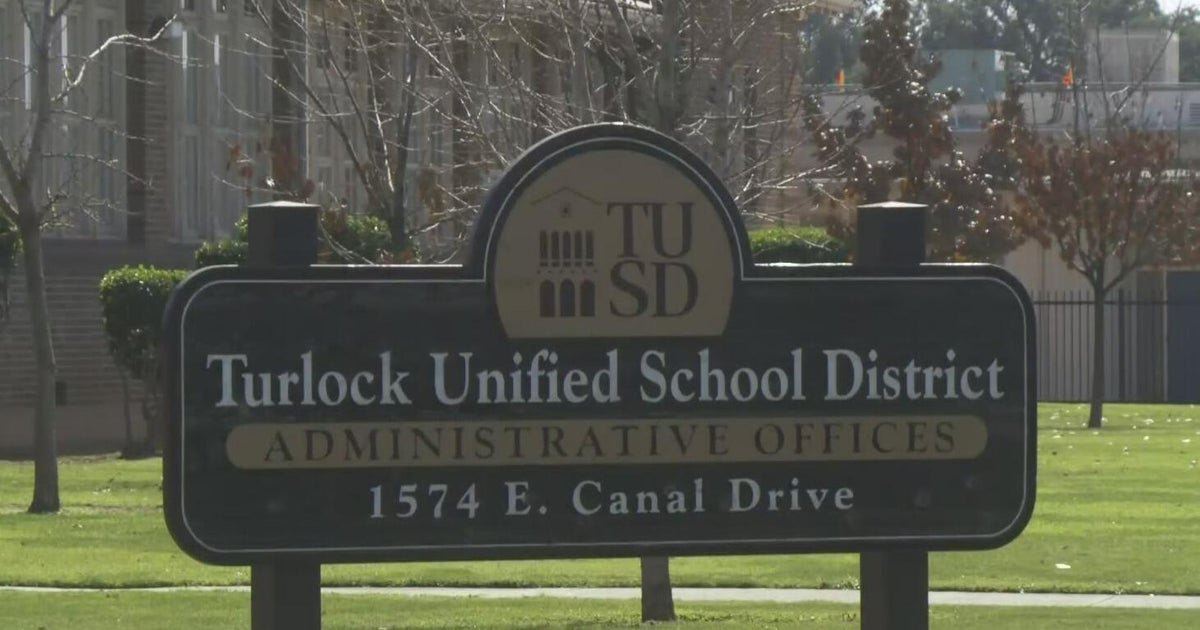Movement to defund fossil fuels is coming for the private equity industry
As Wall Street banks and investors face mounting pressure to disinvest in fossil fuels, the massive private equity industry is taking their place, according to climate activists. The eight largest buyout firms have put nearly as much money into coal, oil and gas as the big banks, according to a recent analysis from the Private Equity Stakeholder Project and Americans for Financial Reform Education Fund (AFREF).
The firms, which include Apollo Global Management, Blackstone Group, Brookfield Asset Management, Carlyle Group, KKR and Warbug Pincus, collectively oversee $216 billion worth of fossil-fuel assets — on par with how much money big banks put into fossil fuels last year, the nonprofit groups found. Looking at the 10 largest private equity funds, it found that 80% of their energy investments were in fossil fuels.
"The billions of dollars private equity firms have deployed to drill, frack, transport, store, refine fossil fuels and generate energy, stand in stark contrast to what climate scientists and international policymakers have called upon to align our trajectory to the 1.5 degrees Celsius warming scenario," states the report, which was cosigned by major climate groups including Greenpeace, Natural Resources Defense Project, Sierra Club and the Sunrise Project.
"Pollution financiers of last resort"
As banks, utilities and other public companies offload polluting assets, private equity firms are "emerging as pollution financiers of last resort," Oscar Valdés Viera, research manager at AFREF, told CBS MoneyWatch.
"These polluting assets are shifting from the public markets, where there is greater amount of regulatory and public scrutiny, into the shadows of our financial industry, where private equity usually operates," said Riddhi Mehta-Neugebauer, research director at the Private Equity Stakeholder Project.
For instance, New Jersey-based utility PSEG, which has a goal of reaching net-zero emissions by 2030, recently sold 13 fossil-fuel power plants to ArcLight Capital Partners, a private equity firm.
Brookfield Asset Management recently bought oil pipelines in Canada and liquefied natural gas facilities in Louisiana. Warburg Pincus, through Citizen Energy, purchased oil and gas wells in Oklahoma. KKR, through subsidiaries, is invested in oil and gas production in Texas, Utah and Canada.
The Blackstone Group — one of the world's largest private equity funds — is also one of the worst polluters, according to the report. It notes that Blackstone-backed power plants produced 18.1 million metric tons of carbon dioxide emissions in 2020, the same as 4 million gasoline-burning cars.
Warburg Pincus and KKR disputed their portrayal in the report, which they said incorrectly attributed assets they don't own. In a statement, Brookfield said, "We are proud to be one of the world's largest renewable energy operators and manager of the world's largest climate impact fund," and noted that it plans to achieve net-zero emissions in its portfolio by 2050.
Blackstone did not respond to a request for comment from CBS MoneyWatch.
Net zero — eventually
While some PE firms have promised to eliminate carbon, environmentalists say they could be moving much more quickly.
Carlyle Group, which earlier this year pledged to have net-zero emissions by 2050, still maintains $24 billion in carbon-based energy through NGP Group, in which it holds a stake, according to the report, which noted that 60% of Carlyle's profit in the first half of this year came from NGP.
A Carlyle executive said the company doesn't control NGP's activities, and disagreed with the environmentalists' timeline on how quickly it's possible to retire fossil-fuel plants.
"Carlyle's approach to invest in, not divest from, the energy transition is a different one, grounded in seeking real emissions reductions within portfolio companies over the long term," the company said in a statement. "In order to work toward meaningful progress on climate change, we will continue to partner with companies across the energy spectrum to collect better data and strive for clear progress reducing greenhouse gas emissions."
The executive cited several examples of Carlyle's environmental push, noting the company has shut down coal plants under its ownership and pushed oil-and-gas companies Cepsa and Varo Energy to shift to renewables.
Carlyle announced in February that it would reach a net-zero portfolio by 2050. However, in the past year — with rising energy prices and now Russia's war in Ukraine — the fund is focused on energy security as much as sustainability, the executive said. That means keeping natural-gas plants online longer than initially planned.
More broadly, private equity firms say their investment in thousands of companies around the U.S., including many small and midsize employers, helps sustain struggling businesses and preserve jobs.
Will they listen?
Over the past decade, activists have has considerable success pressuring major banks and money managers to yank funding from fossil fuels, to the point where Republican states are trying to outlaw the practice.
But private equity firms — which raise and manage investment funds on behalf of large investors, including public pension plans — are more resistant to public criticism. Also called buyout firms, they have largely shrugged off accusations of squeezing community hospitals and nursing homes, gutting local newspapers, and destroying popular retailers like Toys R' Us, with the PE industry continuing to thrive.
"The banks are accountable to their shareholders and to the public — companies are accountable in the same way, but private equity firms are only accountable to their limited partners," said Eileen Appelbaum, co-director of the Center for Economic and Policy Research, referring to the investors in a buyout fund.
Typically, limited partners sign on with a private equity fund manager without knowing what that person plans to buy. Once those investments are made, they don't have any say in how they're managed or when they're sold.
"In private equity, you're investing in what we call a blind pool — you're committing to this fund, but you don't know what you're buying because the private equity firm doesn't know what they're going to buy yet," said Hilary Wiek, lead analyst for fund strategies and performance at PitchBook. "They need to raise their fund first, and then they go out and find investments."
Wiek noted that some PE investors are coming around to the idea of decarbonization, and investors today are much more concerned about their portfolios' climate impact than just a few years ago.
But with deadly heat waves, wildfires and floods this year killing people by the thousands, defunding fossil fuels can't come soon enough, critics say. Many entities currently funding fossil fuels have promised to stop by 2050, a generation in the future. But a typical private-equity fund owns a company for just three to five years before selling it.
"Private equity firms have a very short timeframe," said Mehta-Neugebauer of the PESP. "If they're just holding on to these companies for three to five years, then perhaps even by the end of this decade they could achieve fossil-free portfolios."




